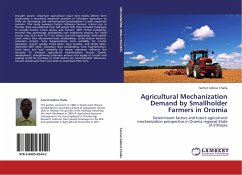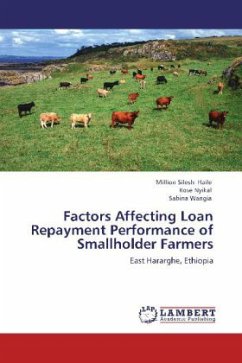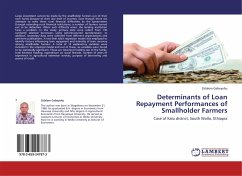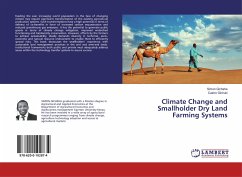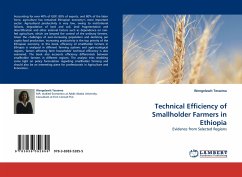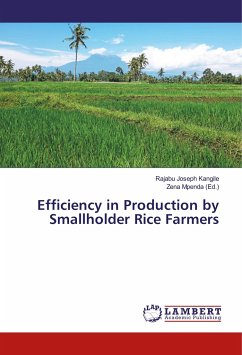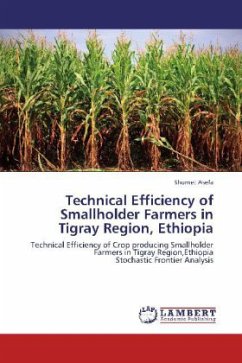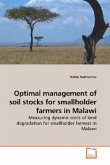Draught power, important agricultural input that mostly affects farm productivity is becoming important problem of Ethiopian agriculture as DAPs are decreasing and mechanization/tractorization/ is most important solution. This study examines factors influence farmers tractor use in Oromia. Data was collected from 160 sample HHs. Data included challenges to provide tractor rental service and farmers WTP. Partial budgeting ensured that percentage profitability over traditional practice for hired tractor was 35.91 and 13.11 for wheat and teff respectively. Tobit model result shows that educational level, landholding, rental station distance, extension contact, farm fragmentation, land suitability for tractor operation, tractor quality, hired labor, oxen number, and family labor determine WTP while, education level, landholding, farm fragmentation, hired labor and land suitability for tractor operation influence the intensity. To enhance agricultural mechanization human Capital development, strengthening extension services and supply of tractor and availing credit for purchase of small tractors are recommended. Moreover, farmers should pool their farm land to economize their farm.
Bitte wählen Sie Ihr Anliegen aus.
Rechnungen
Retourenschein anfordern
Bestellstatus
Storno

